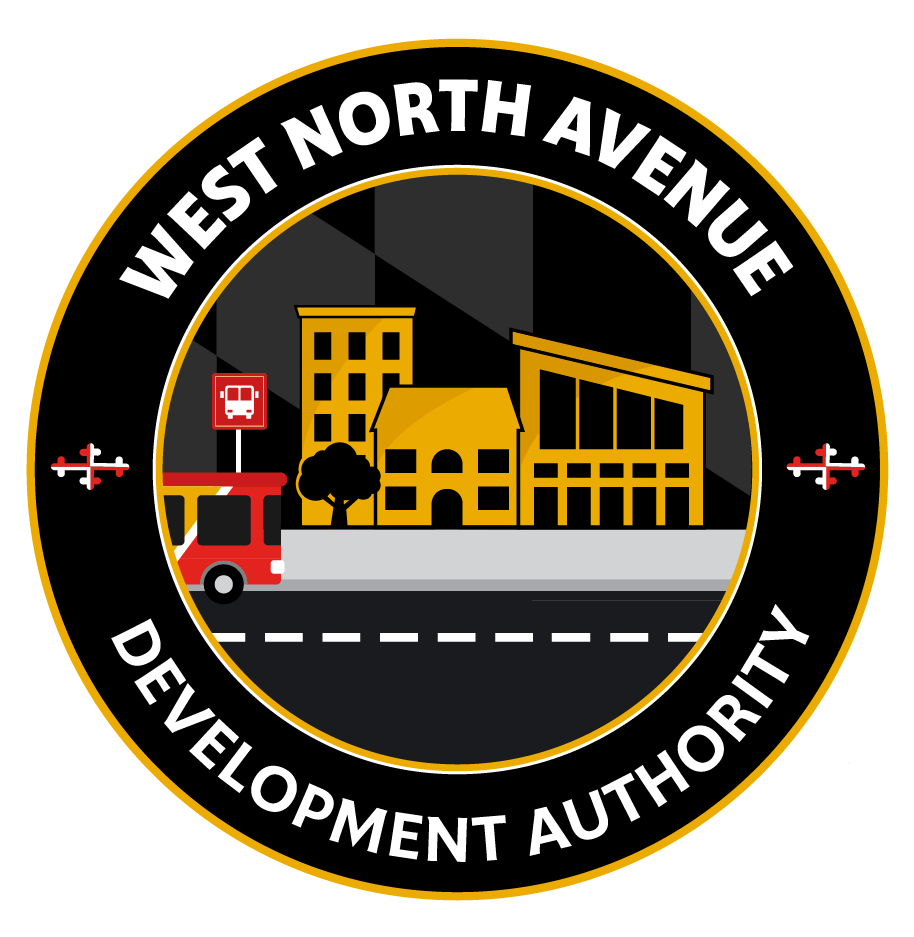Local entities band to aid virus-affected businesses
Calvert County Department of Economic Development Director Kelly Robertson-Slagle admits in her lengthy career of business growth she has never seen anything like the ongoing COVID-19 crisis. It even outdoes the 2008 financial meltdown known as “The Great Recession.”
“It’s a little bit different,” said Robertson-Slagle. “It [2008 event] didn’t hit industries the same. This [coronavirus] has hit everything. The 2008 event was a slide. This is more of a cliff. It hasn’t been gradual. Businesses are being impacted much more severely.”
Robertson-Slagle told The Calvert Recorder that county government officials “recognized pretty early that the impact would be severe. We knew the importance of getting in early.”
Getting in meant forming alliances with organizations geared to aid all the players with skin in the game. Along with the Calvert County Chamber of Commerce, the region’s Small Business Development Center, Southern Maryland Workforce Services and the local representative of the Maryland Department of Commerce, Econonic Development comprises the “Business Response Team.”
“We all pulled our resources together,” said Robertson-Slagle. “We wanted to speak with one voice.” To date, out of Calvert’s thousands of businesses, the BRT has assisted 180 businesses that reached out for help. “It’s an ongoing relationship,” said Robertson-Slagle, who explained that the most severely impacted businesses included hair-cutters, hotels, “smaller mom and pops” and any business that “totally had to close” per Gov. Larry Hogan’s executive order.
“Our office worked throughout those two weeks the county government was closed,” Robertson-Slagle said.
The aid is given to the businesses that request help, including guidance in the navigation of Congress’ late March measure, The CARES Act, which was signed into law by President Donald Trump on March 27.
A congressional overview of the CARES (Coronavirus Aid, Relief and Economic Security) Act shows that initially, $350 billion was allocated to establish the Paycheck Protection Program, providing loan guarantees to small businesses to assist with payroll costs for workers who are forced to stay home.
The loans carry a maximum interest rate of 4%.
The measure also adds $10 billion to the Economic Injury Disaster Loan program.
The act also creates a $150 billion coronavirus relief fund for states and territories. Maryland is expected to receive an estimated $2.34 billion, according to federal officials.
Robertson-Slagle said Calvert County officials submitted a proposal to state officials on Friday. “Nothing is final,” she said. “We do anticipate a big response.”
The DED director said that the paperwork process for small businesses wanting to apply for the programs “is not super-complicated. It’s like a bank loan.” She noted that an applicant will be tasked with the burden of proof that his or her business has suffered a severe loss due to the coronavirus crisis.
“You cannot wait,” said Robertson-Slagle of the paperwork process. “When these programs open, you’ve got to get your stuff in, or you’ll miss the boat.”
“We’ve been working back and forth,” said Lisa J. Colavito-Creason, a consultant with the Small Business Development Center, which is housed at the College of Southern Maryland. “We’ve had a few town hall meetings with speakers. We are trying to keep small businesses up and running. We’re trying to touch as many businesses as possible. We are all working to keep the business ecosystem alive.”
Colavito-Creason explained the center, which receives partial funding from the U.S. Small Business Association, is “coaching” business owners “through the application process.” Those businesses that do procure loans are also getting the center’s advice on how to use the funds.
“We are communicating with clients and other businesses on how to still make money,” said Colavito-Creason. “Not everybody can do that.”
Sergina Rodriguez of Barefoot Wellness said she had to suspend all her business’ services. Her small studio in Prince Frederick, which offers yoga and meditation classes, massages, facials as well as skin consultations, is closed indefinitely.
Through the internet, Rodriguez said she is “really keeping customers engaged and has provided ‘at-home’ kits for clients and customers.
As for the aid provided by the BRT, Rodriguez said, “they are a wealth of information. They are an email or phone call away.”
“We have partnered with them [BRT] to try to help other businesses on the giving end,” said Ali Banholzer of Wear Your Spirit Warehouse.
Banholzer’s business is running two campaigns during the COVID-19 crisis. The small company has made about 20 free banners for restaurants that want to let customers know they are open for carryout or delivery business. The warehouse is also part of a regional campaign called “Here For Good,” for which they are selling T-shirts for local businesses. Banholzer said the goal is to raise $25,000 for the businesses.
“We have a lot of businesses that can’t be open,” she noted. “It’s a way for them to keep their lights on.”
Robertson-Slagle said one of the best examples of businesses responding to the daunting crisis has been the “virtual farmers markets” in Calvert. “These businesses have been able to pivot these markets,” she said. “The farmers markets invested in a system with online ordering. Instead of just sitting there, they were thinking outside the box. They’re a tough group.”
The local farmers market pivot began on Facebook and initially resulted in over 300 orders from customers, followed by pickups and deliveries.
Robertson-Slagle urged other businesses that haven’t to reach out to DED either directly by phone Monday through Friday from 8:30 a.m. to 4:30 p.m. at 410-535-1600 or by email at info@ecalvert.com.



